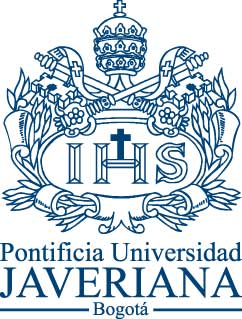El poderoso Imperio romano finalmente decayó. En el artículo publicado por el Journal of Business and Accounting (12[1], 2019), titulado The comprehensive taxation system existing during the roman Empire, escrito por Darwin L. King, Carl J. Case y Jared L. Roosa, se lee:
“(…) The primary defect, according to Pulliam, was the method of collecting the taxes. As discussed earlier in this paper, the publicans (tax farmers) were considered cheats and fraudsters. Pulliam states that publicans collected exorbitant amounts of tax well above the required amount. He says that the publican became the ‘most odious figure in provincial life and perhaps the most galling feature of Roman domination was the tax that Rome collected’ (Pulliam, p.548).
The second basic problem of the Roman tax system, according to Pulliam was the range of duty rates charged on goods moved from one province to another. The trade districts were often arbitrarily determined and did not correspond to provincial boundaries (Pulliam, p.548). Pulliam states that the duties on goods going from one province to another were much higher than goods going from a province to Rome. In addition, harbor duties and road and bridge tolls made the cost of transporting products from province to province cost prohibitive. Pulliam argues that free movement of trade throughout the empire would have increased the overall wealth of the empire significantly.
A final problem of the Roman Empire taxation system, according to Pulliam, was the lack of overall general administration (Pulliam, p.549). The Roman government never attempted to appoint an experienced, effective, and efficient manager to the finance and taxation department of the government. The head of finance and expenditures, called a ‘quaestor’, served for only one year thereby never becoming familiar with the details of the financial management area of the government. Pulliam states that the budgeting process was nonexistent and that there was no attempt to balance taxation revenues and government expenditures”.
Hasta nuestros días, la corrupción acompaña el recaudo de impuestos. Evidentemente, su manejo “político” hace que no esté sometido a una buena administración. Hablando en sentido muy amplio, director tras director, durante los últimos 60 años, ha demostrado que no basta saber mucho de impuestos si no se conoce cómo administrar. Como el artículo resalta en otra parte, en Roma no se conocía el concepto de controles internos. Por otro lado, debido al esquema de dominación, varios pueblos pagaban doble tributo, uno a sus propias autoridades y otro al Imperio, resultando en una carga excesiva que inducía a la evasión.
Cuando un país está apenas en desarrollo, con una clase pudiente muy pequeña, como es nuestro caso, los motivos para no pagar impuestos abundan. Además, la corrupción implica planear recaudos muy superiores, para que alcancen luego de lo que se distrae de las arcas públicas. Las reglas tributarias contemplan muchas normas sobre reconocimiento y medición, algunas de las cuales se apartan significativamente del valor razonable. Como sabemos, el valor histórico beneficia a los ricos.
Hernando Bermúdez Gómez
Editor de Contrapartida, Novitas, Registro Contable, Vademécum
Tomado de Contrapartida – De Computationis Jure Opiniones
Número 5551, diciembre 21 de 2020

